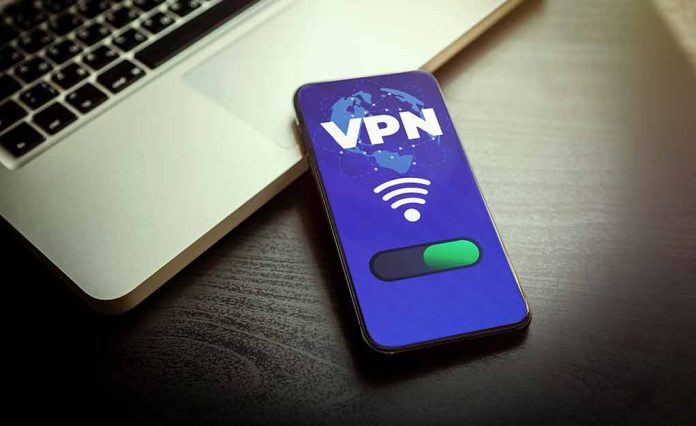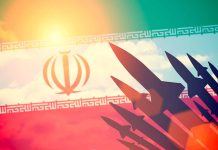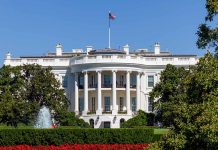
Russia’s $646 million campaign to block VPNs and tighten internet control underscores a massive push to restrict digital freedom and monitor online activity.
At a Glance
- Russia will spend US$646 million to strengthen its VPN blocking network.
- Roskomnadzor proposes to spend 59 billion rubles (approx. US$644 million) over the next five years to modernize its Internet filtering capabilities.
- The funds will be used to improve technology that filters traffic and blocks or slows down specific web resources.
- Russians have increasingly used VPNs to bypass government restrictions.
- The Biden administration is discussing internet censorship evasion tools with major tech companies.
Details of the Campaign
Russia’s decision to invest $646 million to block Virtual Private Networks (VPNs) represents a significant financial and strategic push to control the nation’s internet landscape. Roskomnadzor, the Russian communications watchdog, plans to use these funds over the next five years to upgrade internet traffic filtering technology. This initiative is part of a larger effort to enhance the country’s digital sovereignty and restrict access to unfiltered information.
The initiative includes deploying more sophisticated equipment that can filter, block, or slow down specific web resources. “New equipment has been purchased yearly since 2020 as traffic volumes grow, Roskomnadzor’s press service said, according to Forbes.”
This technology will help authorities counteract the rise in VPN usage, which has surged following increased online restrictions tied to geopolitical events, including the invasion of Ukraine. In response, many Russians have adopted VPNs to access banned sites and services otherwise restricted by the government.
Russia To Spend $646 Million To Block VPNs https://t.co/EKi1nMzhpc
— Slashdot (@slashdot) September 10, 2024
Impact on Digital Rights
The Kremlin’s move to block VPNs is raising concerns about digital rights. Critics argue that this effort constitutes a severe violation of privacy and freedom of information. VPNs provide a crucial tool for maintaining anonymity and unrestricted access to global information, which is becoming increasingly difficult under Russia’s tightening grip on the internet.
Authorities plan to purchase and deploy this new technology annually to keep pace with growing internet traffic volumes. This aggressive strategy highlights the state’s desire to exert more granular control over digital communication.
Russia’s communications watchdog plans to spend 59 billion rubles ($644 million) to block VPNs, Forbes reports https://t.co/qjgdKZTGUz
— Bloomberg Technology (@technology) September 10, 2024
International Reactions and Alternatives
Countries like the United States are observing these developments closely. The Biden administration is engaging with major tech companies to discuss internet censorship evasion tools as a countermeasure. Despite evolving censorship, VPN providers continue to develop new methods to bypass blocks, although accessing these tools may become increasingly difficult for the average user. Experts believe the public will eventual turn to word-of-mouth and other underground solutions to share information.
In addition to efforts within Russia, international tech companies are reacting to these changes. Apple, under pressure from Roskomnadzor, has already removed several VPN services from its Russian AppStore, reflecting the broader impact on global digital rights and platform policies.
Weird, because that's what we're going to do to you. 🤷♂️ https://t.co/GIC8uq6hmU
— Badd Company (@BaddCompani) September 11, 2024
Conclusion
Russia’s substantial investment in blocking VPNs indicates a determined effort to tighten control over its digital realm. The foreseen impact on privacy, freedom of expression, and access to information is profound. As VPN providers and international advocates work to counter these measures, the global discourse on digital sovereignty and internet freedom will likely intensify, reflecting broader ideological divides in our increasingly interconnected world.
According to Forbes Russia, who have been privy to official documents, approximately $646 million has been allocated over the next five years to upgrade internet traffic filtering systems, making VPN access more difficult.
This development stands as a pivotal moment in the ongoing battle over digital rights, with long-lasting implications for the future of internet governance and freedom worldwide.







